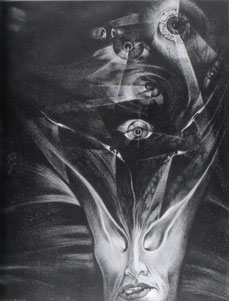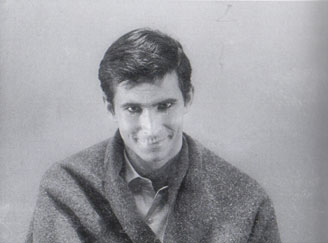 |
||||||||||||||||
| |
|
|
|
|
|
|
|
|
||||||||
 |
|
 |
|
 |
|
 |
|
|
||||||||
| |
|
|
|
|||||||||||||
| |
|
|
|
|
|
|
|
|
|
|
|
|
|
|
|
|









Alberto
Martini, Folly, 1914-15
Anthony
Perkins in Psycho, 1960
|
|||||||||||||||||||||||||||||||||||||||||||||||||||||||||||||||||||||||||||||||||||||||
 |
|||||||||||||||||||||||||||||||||||||||||||||||||||||||||||||||||||||||||||||||||||||||
      |
|||||||||||||||||||||||||||||||||||||||||||||||||||||||||||||||||||||||||||||||||||||||
 |
|||||||||||||||||||||||||||||||||||||||||||||||||||||||||||||||||||||||||||||||||||||||
 |
|||||||||||||||||||||||||||||||||||||||||||||||||||||||||||||||||||||||||||||||||||||||
|
Alberto
Martini, Folly, 1914-15
|
Anthony
Perkins in Psycho, 1960
|
||||||||||||||||||||||||||||||||||||||||||||||||||||||||||||||||||||||||||||||||||||||
| Alberto Martini, born in Italy in 1876, was perhaps best known for his illustrations to various Edgar Allan Poe stories. The black and white spot illustrations were an important influence on Hitchcock’s visual style, as was Edgar Allan Poe’s writing on both his visual and narrative style. In fact, Hitchcock claimed Poe as one of his greatest influences. Martini’s Folly relates to Hitchcock’s Psycho in several ways. The peeled away face, which reveals several haunting and disturbing eyes refers to Anthony Perkin’s character’s multiple personalities in Psycho. Hitchcock literally peels away his face at the end of the film by allowing his skull to shine through his face. Martini’s eyes also relate to the prevalent use of close ups on eyes in Psycho, including shots of Anthony Perkin’s eye as he watches Janet Lee undress through the wall and Janet Lee’s eye after her murder. | |||||||||||||||||||||||||||||||||||||||||||||||||||||||||||||||||||||||||||||||||||||||